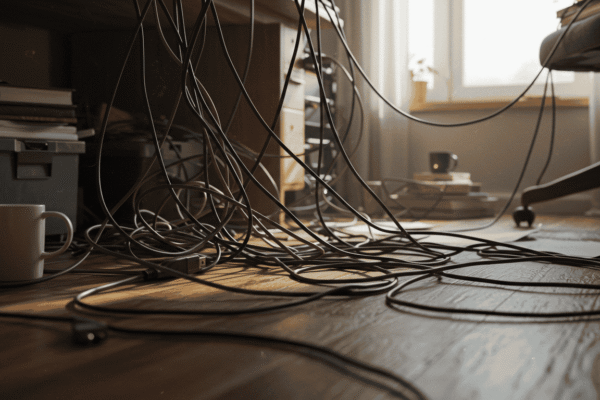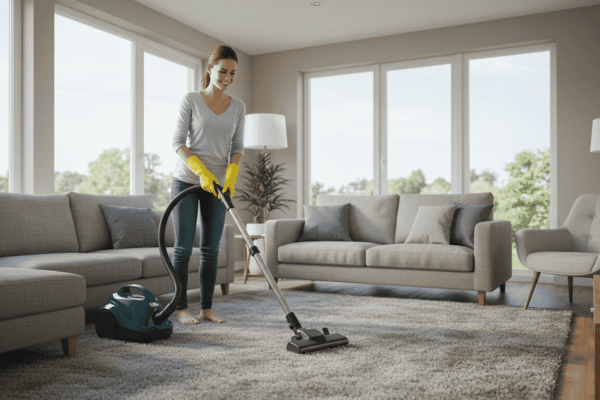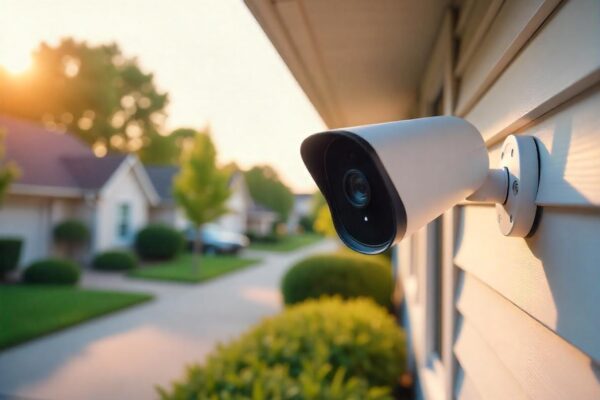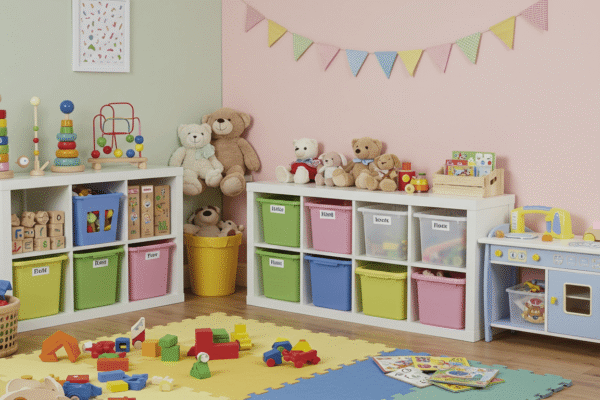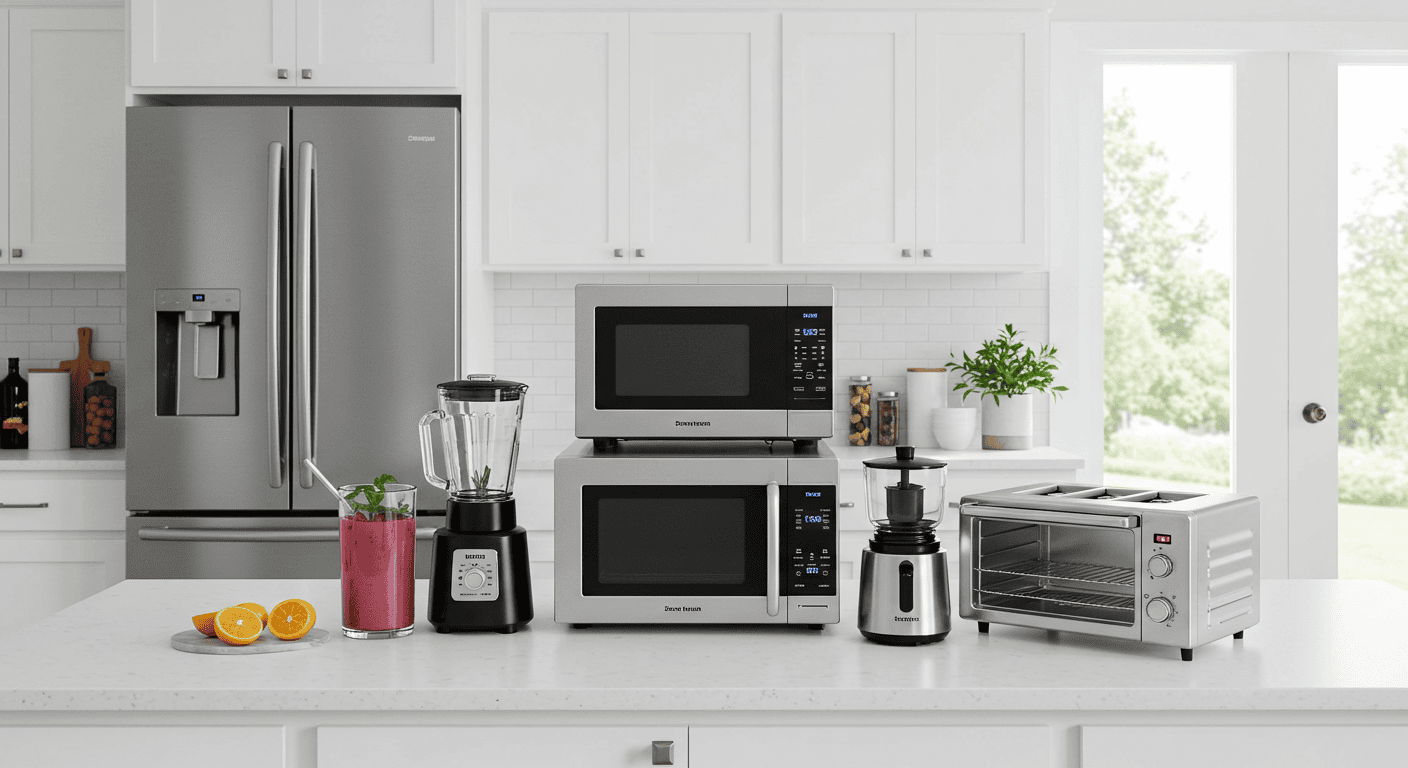How to repair and maintain your home appliances is not just about keeping them looking good — it’s essential for saving money, boosting efficiency, and extending their lifespan. When you understand how to repair and maintain your home appliances, you take control of their performance and avoid unexpected costs. By following a few simple practices, you can master how to repair and maintain your home appliances without needing to be a professional.
This post shares practical insights on how to repair and maintain your home appliances efficiently—tips anyone can follow, whether you’re a DIY enthusiast or simply want a stress-free home. Ready to learn how to repair and maintain your home appliances the smart way? Let’s dive in and keep everything running like new.
Why Maintaining Your Home Appliances Matters
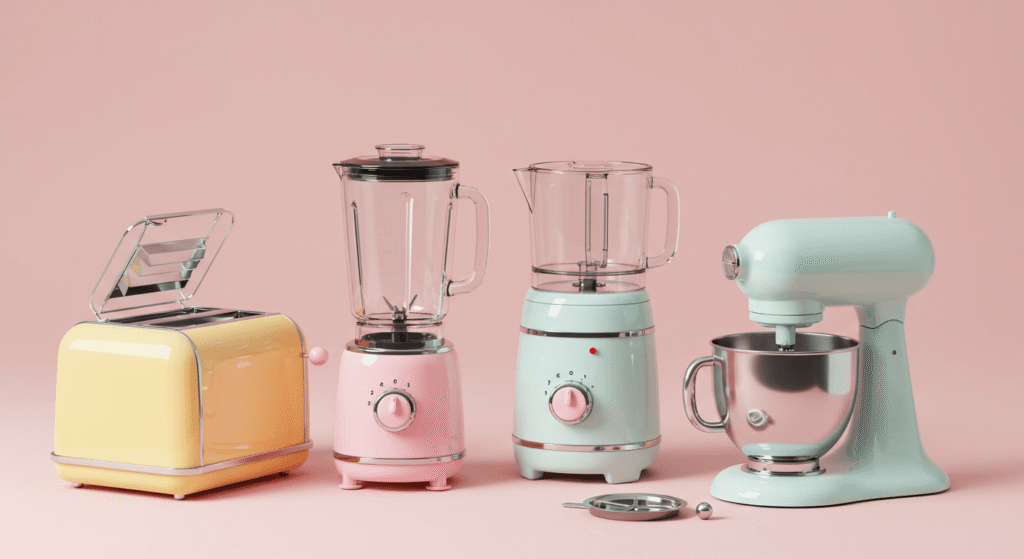
Maintain your home appliances is more than just routine cleaning—it’s an investment that pays off in multiple ways. Understanding why maintaining your home appliances matters will help you appreciate the benefits of regular care and encourage you to adopt effective habits. Let’s dive into the real reasons why upkeep is essential for your household devices.
The True Cost of Neglect
Ignoring proper maintenance can lead to a series of hidden expenses that quickly add up. Poorly maintained appliances consume more electricity, causing your energy bills to rise without you realizing it. Additionally, minor issues that could have been fixed early often develop into major repairs or even total appliance failure. This forces you into costly replacements sooner than necessary. Beyond money, neglecting maintenance can also cause inconvenience and disruption, as broken appliances often fail when you need them most.
How Maintenance Extends Appliance Lifespan
Regular maintenance directly impacts how long your appliances last. Studies and industry experts show that well-maintained appliances can have lifespans up to 30-50% longer than neglected ones. For example, a refrigerator that receives routine cleaning and filter changes might last 15 years or more, compared to just 10 years without care. Including a clear infographic or table comparing the average lifespan of appliances with and without maintenance can visually demonstrate this difference and encourage readers to take action.
Environmental and Safety Benefits
Keeping your appliances in good shape doesn’t just save money—it’s also better for the environment. Appliances running efficiently use less energy, which reduces your carbon footprint and lowers harmful emissions. Moreover, regular checks and maintenance prevent safety hazards like electrical shorts, overheating, or leaks that could lead to accidents or property damage. Maintaining your home appliances ensures your household stays safe and eco-friendly while functioning at its best.
Create a Simple Maintenance Schedule That Works
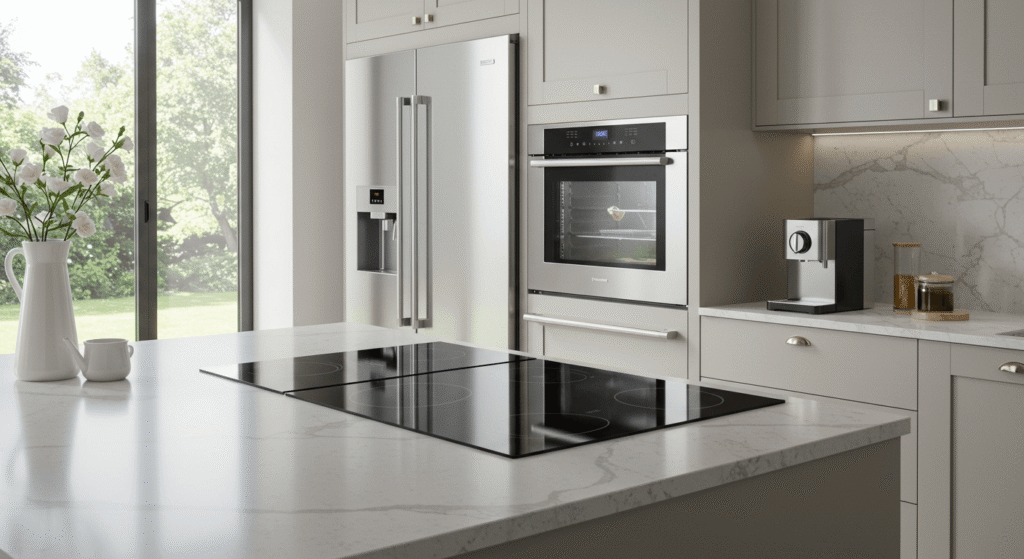
Creating a simple maintenance schedule that works is key to keeping your appliances in top condition without feeling overwhelmed. When you organize your upkeep into manageable, regular tasks, you save time and avoid last-minute scrambles to fix problems.
How Often Should You Maintain Each Appliance?
Different appliances require maintenance at varying intervals depending on their usage and complexity. For example, some appliances like vacuum cleaners benefit from monthly upkeep, while others such as ovens or water heaters might need attention only once or twice a year. Below is a recommended maintenance frequency table to help you plan your schedule effectively:
| Appliance | Maintenance Frequency | Key Tasks |
|---|---|---|
| Refrigerator | Quarterly | Clean coils, check door seals |
| Washing Machine | Monthly | Clean filters, inspect hoses |
| Dishwasher | Quarterly | Clean filters, run cleaning cycle |
| Oven | Twice a year | Deep clean, inspect seals |
| Air Conditioner | Twice a year | Clean filters, check refrigerant |
| Dryer | Monthly | Clean lint filter, inspect vent |
| Water Heater | Annually | Flush tank, check pressure relief |
This table serves as a practical guide to ensure you’re maintaining each appliance at the right time to maximize its performance and longevity.
Tips for Sticking to Your Schedule
Even the best maintenance plans fail if you forget to follow through. Using smartphone reminders or calendar apps can be a game-changer. Set recurring alerts for each appliance’s maintenance tasks to keep yourself on track. Some apps even allow you to create detailed task lists with notes and deadlines, making it easier to manage everything in one place without stress.
Seasonal Appliance Maintenance Checklist
Breaking your maintenance tasks down by season can make the process more manageable. For instance, spring is a great time to service your air conditioner, while fall is ideal for checking heating appliances. Offering a downloadable seasonal checklist helps readers plan their maintenance ahead and ensures they don’t miss critical tasks throughout the year. An interactive checklist, perhaps embedded on your blog, could also allow readers to tick off completed tasks, adding a sense of accomplishment and encouraging ongoing care.
Cleaning and Caring for Appliances — The Basics
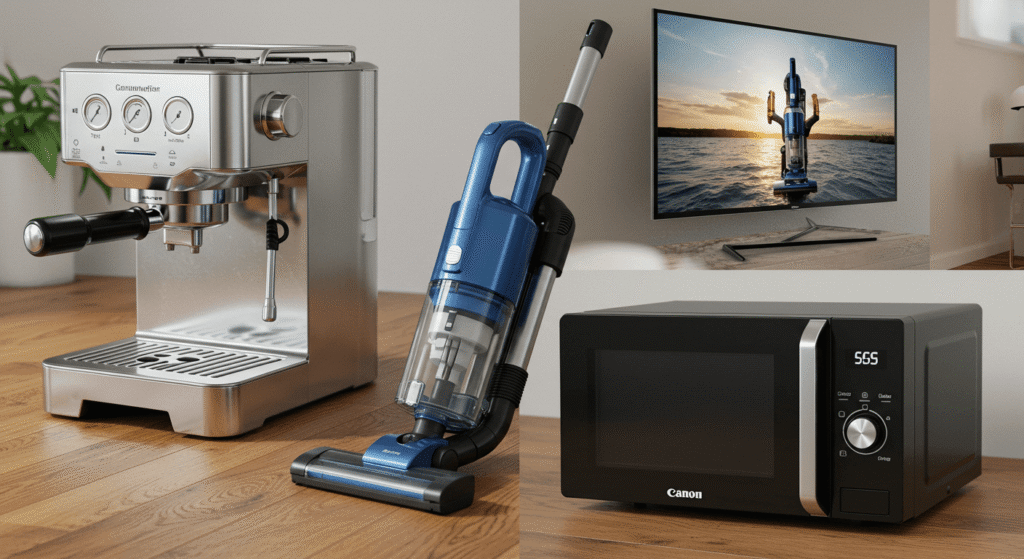
Regular cleaning and caring for appliances is the foundation of effective maintenance. By paying attention to the basics, you can prevent many common issues and keep your appliances running smoothly for years.
Filters, Vents, and Drains — The Neglected Heroes
Filters, vents, and drains are often overlooked but play a crucial role in appliance performance. Filters trap dust, debris, and particles that could otherwise damage internal components. Vents allow airflow, preventing overheating and ensuring efficient operation. Drains help remove excess water and avoid leaks or mold buildup. Cleaning these parts regularly—such as washing or replacing filters, clearing vents of dust, and ensuring drains are unclogged—can dramatically improve appliance efficiency and prevent costly repairs.
DIY Cleaning Tips That Save Time and Money
Maintaining appliances doesn’t require expensive products. Simple household items like vinegar, baking soda, and microfiber cloths can work wonders. For example, a solution of equal parts vinegar and water is effective for descaling kettles or cleaning glass surfaces without harsh chemicals. Microfiber cloths trap dust and grime without scratching delicate surfaces. Incorporating these easy and affordable cleaning hacks into your routine not only saves money but also protects your appliances from damage caused by abrasive cleaners.
Avoiding Damage During Cleaning
Even well-intentioned cleaning can sometimes harm your appliances. Common mistakes include using abrasive sponges that scratch surfaces, soaking electrical parts, or applying harsh chemicals that degrade seals and finishes. It’s important to follow manufacturer guidelines and avoid excessive water near electrical components. Always unplug appliances before cleaning and use gentle motions to preserve delicate parts. By avoiding these pitfalls, you ensure that your cleaning efforts contribute to your appliance’s longevity rather than shortening it.
Mastering Proper Usage to Prevent Early Wear
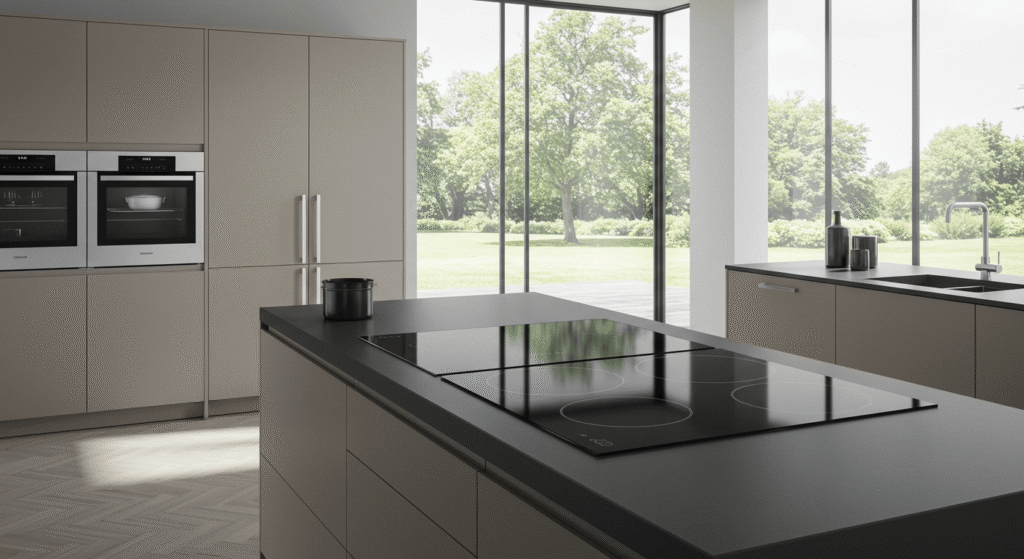
Using your appliances correctly is just as important as maintaining them. Mastering proper usage to prevent early wear helps you avoid unnecessary damage and keeps your devices working efficiently for longer.
Don’t Overload or Overwork Your Appliances
One of the most common causes of premature appliance failure is overloading. When appliances are pushed beyond their recommended capacity, they strain internal parts, overheat, and wear out faster. For example, overstuffing a washing machine can lead to poor cleaning results and motor burnout, while overloading a dishwasher can block water flow and leave dishes dirty. The table below illustrates typical max capacities and the effects of exceeding them:
| Appliance | Max Capacity | Effects of Overloading |
|---|---|---|
| Washing Machine | 7 kg (approximate) | Motor strain, poor cleaning |
| Dishwasher | Full rack (standard) | Blocked spray arms, poor cleaning |
| Dryer | 5-7 kg | Extended drying times, overheating |
| Oven | Do not stack pans | Uneven cooking, longer cook time |
Sticking to the recommended capacities will protect your appliances and save you from costly repairs.
Read and Respect Appliance Manuals
While appliance manuals might seem dense or full of technical jargon, they contain valuable information specific to your model. Understanding these instructions helps you operate your devices correctly, use the right settings, and follow maintenance recommendations. Manuals often include safety tips and troubleshooting advice that can prevent damage or accidents. Take a few minutes to review your appliance’s manual—you’ll likely find useful insights that make a big difference in performance and lifespan.
Use Appliances for Their Intended Purpose
Using appliances outside their intended functions can cause serious damage. For example, trying to dry clothes in a microwave or using a refrigerator to store flammable liquids are clear misuses that can have dangerous consequences. A lighthearted way to remember this is: “Just because it has buttons doesn’t mean it’s a magic box!” Treat each appliance according to its design, and you’ll avoid mishaps and keep your home running smoothly.
Troubleshooting and When to Call a Professional
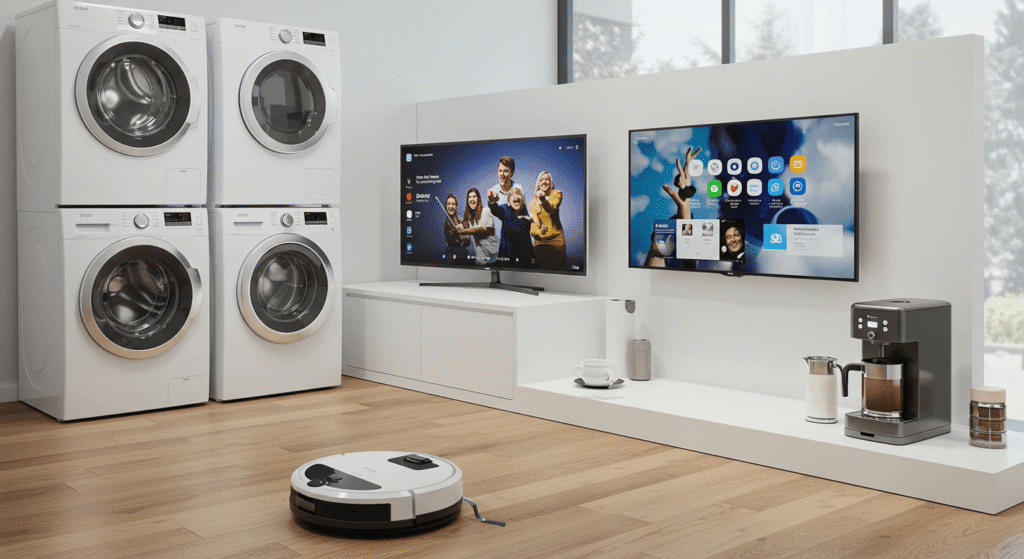
Knowing when to tackle problems yourself and when to call in an expert is essential for effective troubleshooting and maintaining your home appliances. This balance helps you save time and money while avoiding unnecessary risks.
Quick Fixes You Can Try at Home
Many common appliance issues have simple solutions you can safely handle yourself. For example, if your dishwasher isn’t draining properly, cleaning the filter and drain hose often resolves the issue. A refrigerator that isn’t cooling may just need the coils cleaned or the door seals checked. Other minor problems like resetting a tripped circuit breaker, tightening loose connections, or unclogging vents can also be done without professional help. Always remember to unplug the appliance before attempting any fixes to stay safe.
Signs It’s Time for Professional Help
While DIY fixes work for minor hiccups, some issues require expert attention. The table below outlines warning signs that mean it’s time to call a professional technician, along with the recommended actions:
| Warning Sign | Recommended Action |
|---|---|
| Strange noises or vibrations | Schedule professional check |
| Persistent leaks | Call a repair specialist |
| Electrical sparks or burning smell | Stop using and get urgent repair |
| Appliance won’t power on after reset | Professional diagnosis needed |
| Water temperature irregularities | Expert service required |
Recognizing these signs early can prevent further damage and ensure your safety.
How to Prepare for a Repair Visit
When scheduling a repair, being prepared makes the process smoother and more efficient. Have your appliance’s model number, purchase date, and warranty information handy. Write down the symptoms you’ve noticed and any troubleshooting steps you’ve already tried. Prepare a list of questions for the technician, such as estimated repair time, cost, and whether replacement parts will be needed. Clear communication helps the professional diagnose the issue quickly and provide better service, getting your appliance back to work faster.
Energy Efficiency and Appliance Maintenance
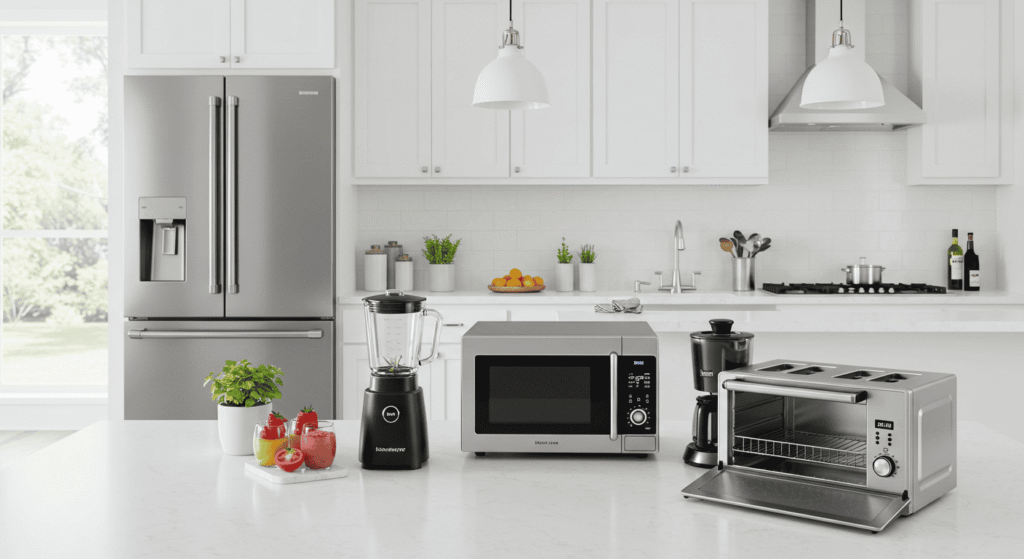
Keeping your appliances in good shape not only ensures they work well but also helps you save on your utility bills. Energy efficiency and appliance maintenance go hand in hand, making regular care a smart choice for your wallet and the environment.
How Clean Appliances Save Energy
When appliances are clean and well-maintained, they operate more efficiently. For instance, dust-covered refrigerator coils force the compressor to work harder, consuming more electricity. Similarly, clogged vents or dirty filters in heating and cooling devices reduce airflow, causing the system to use extra energy to reach the desired temperature. By regularly cleaning and servicing your appliances, you reduce energy waste, which translates directly into lower energy bills.
Simple Energy-Saving Maintenance Hacks
There are easy maintenance tasks that can boost energy efficiency without much effort. Cleaning refrigerator coils every few months prevents overheating. Defrosting your freezer regularly avoids ice buildup that hampers cooling. Setting your thermostat to recommended temperatures ensures appliances aren’t overworking. Even small habits like keeping oven doors closed while cooking can reduce energy consumption. These simple hacks add up to noticeable savings over time.
Tracking Your Energy Usage
Being aware of how much energy your appliances consume helps you make smarter decisions. You can use smart plugs with energy monitoring features or home energy monitors to track usage in real-time. Many utility companies also provide detailed energy reports and tips through their websites or apps. Monitoring your consumption allows you to identify energy hogs and adjust usage patterns, leading to reduced bills and a more eco-friendly home.
Preventive Maintenance Tips You Probably Haven’t Heard Before
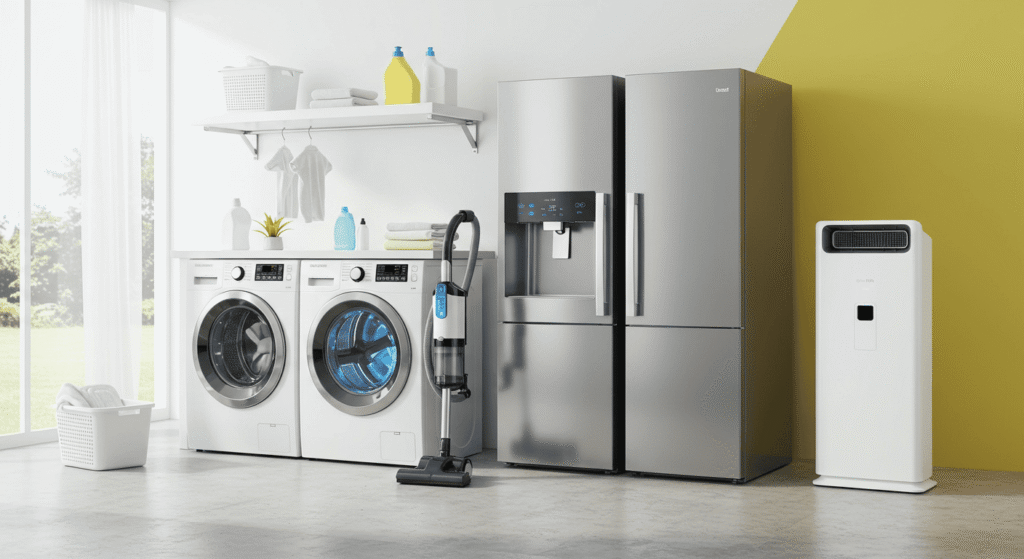
Regular upkeep is often focused on obvious tasks like cleaning filters or replacing parts, but preventive maintenance tips you probably haven’t heard before can make a big difference in your appliances’ performance and longevity.
The Surprising Role of Lubrication
Many appliances have moving parts—like hinges, motors, or rollers—that work more smoothly when they’re properly lubricated. Think of it like oiling a door hinge so it doesn’t squeak or get stuck. Applying a small amount of lubricant occasionally reduces friction, prevents wear and tear, and helps parts move efficiently without overheating. You don’t need to be a mechanic—just use a recommended lubricant and apply it sparingly to parts that move or rotate.
Checking Appliance Alignment and Leveling
Did you know that even slight misalignment or uneven leveling can cause appliances to work harder and wear out faster? For example, a washing machine that isn’t level may vibrate excessively, risking damage to internal components. To check, use a simple spirit level on flat surfaces like the top or base of your appliance. Adjust the feet or supports until everything is balanced. This small step can prevent noise, reduce wear, and improve overall performance.
Using Technology to Monitor Appliance Health
Modern technology offers handy tools to keep an eye on your appliances’ health. Smart plugs or sensors can track energy use, detect unusual patterns, and alert you if something seems off—like an appliance running too long or drawing excessive power. These devices help you catch problems early, save energy, and avoid unexpected breakdowns, making maintenance easier and more proactive.
Keeping Your Maintenance Routine Fun and Rewarding
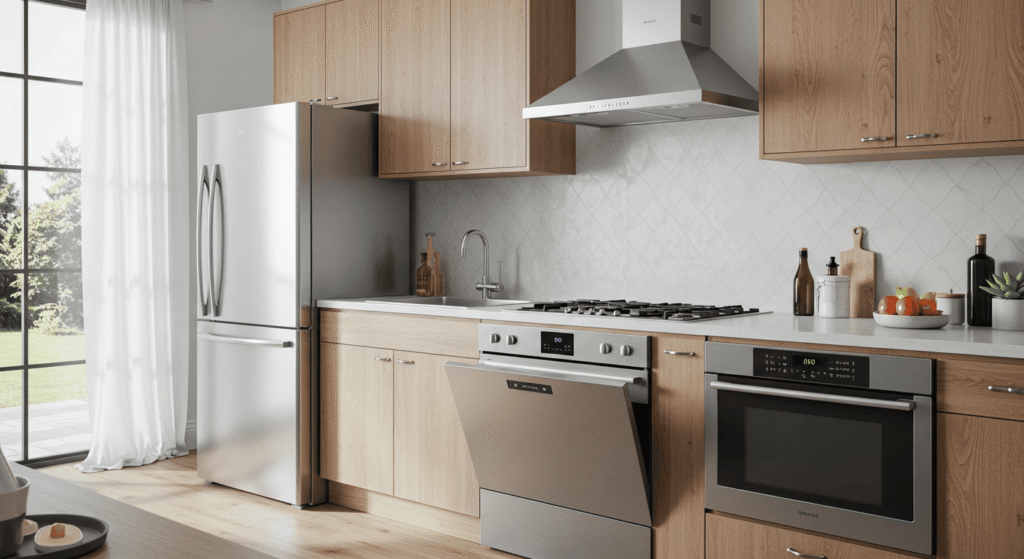
Maintaining your appliances doesn’t have to be a chore. By keeping your maintenance routine fun and rewarding, you’ll stay motivated and enjoy the process, turning care into a positive habit.
Gamify Your Appliance Care
Turn routine maintenance into a game or challenge! Create checklists with points for each task completed, and set goals to “level up” your appliance care. Involve family members by assigning small jobs and celebrating team efforts. For example, challenge everyone to complete a monthly cleaning task, then reward the winner with a fun treat. Making maintenance interactive helps keep it from feeling like a boring obligation.
Tracking Progress with Visual Logs
Keeping track of what you’ve done is both satisfying and practical. Use printable logs or simple apps to record when you clean filters, check appliances, or schedule repairs. Visual progress charts provide a clear overview of your maintenance habits and help remind you when tasks are due. This way, you can easily spot patterns and stay on top of your appliance care routine without stress.
Celebrate Your Appliance’s “Health Milestones”
Reward yourself for sticking with your maintenance schedule! When your appliances hit important milestones—like six months or a year of regular care—treat yourself to something enjoyable. It could be a favorite snack, a relaxing DIY spa day at home, or even a small purchase that makes your life easier. Recognizing these moments not only feels good but also reinforces the habit, making appliance maintenance something you look forward to.
Maintain Your Home Appliances for Lasting Performance and Savings
To learn how to repair and maintain your home appliances effectively means more than just fixing problems—it’s about caring for them regularly to extend their lifespan, save energy, and avoid costly repairs. Anyone looking for practical ways on how to repair and maintain your home appliances should focus on consistency and simple routines that prevent long-term damage.
By following expert advice on how to repair and maintain your home appliances, creating a smart maintenance schedule, and using basic tools, you can keep your devices running smoothly and efficiently. Understanding how to repair and maintain your home appliances also helps reduce utility bills and prevents unexpected breakdowns.
Remember, a little consistent care goes a long way. Mastering how to repair and maintain your home appliances protects your investment and makes your home safer, greener, and more comfortable. Start today and enjoy the lasting benefits.

